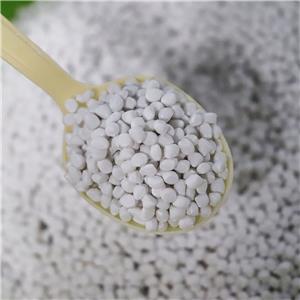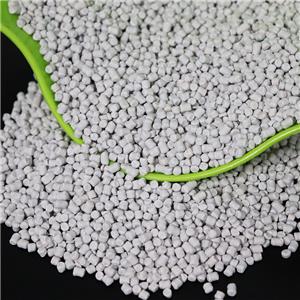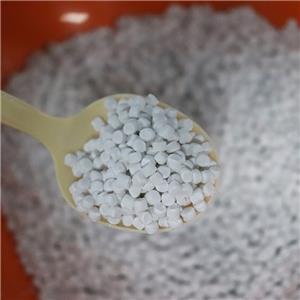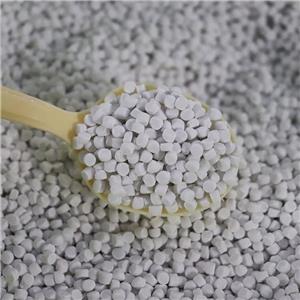-
Talc masterbatch in polypropylene applications
Polypropylene (PP) is made of propylene as the main component in the catalyst under the action of the product of addition polymerization, because of its excellent mechanical properties, non-toxic, heat, chemical resistance and easy processing properties, and raw materials from a variety of sources, low prices, so it is widely used in a variety of fields, to become a general group of five of the fastest-growing varieties of synthetic resins.
21-05-2024 -
Application of talc masterbatch in polyethylene blown film and ABS resin
The lamellar structure of talc makes certain properties of talc-filled plastics greatly improved, and talc is a reinforcing filler in plastics. First of all, talc can improve the stiffness of the filler material and creep resistance at high temperatures. When the talc particles are arranged along the direction of material flow during processing, according to the principle of least resistance, the arrangement is basically flaky, from small pieces of refining into large pieces. Thus, it can significantly improve the material stiffness in a specific direction. Secondly, talc can significantly improve the filler material heat resistance. Used to measure the heat resistance of the material heat distortion temperature refers to the specimen under a certain load bending to a certain degree of temperature, sheet talc in a specific direction to improve the thermal deformation temperature of the material.
19-04-2024 -
Application of low shrinkage masterbatch FTM-601Y in PP
Polypropylene PP is one of the more widely used varieties of general-purpose plastics, with the advantages of low density, good rigidity, impact resistance, chemical corrosion resistance, easy processing and good insulation, has been widely used in the chemical industry, chemical fibers, construction, light industry, home appliances, automobiles and packaging and other industrial fields, is a very promising thermoplastic. Although polypropylene has good comprehensive performance, but the molding shrinkage rate is generally 1.5%-2.5%, compared with the molding shrinkage rate of 0.4%-0.6% of ABS is much larger, in the processing of precision parts are subject to great limitations.
06-03-2024 -
Effect of inorganic mineral powder on thermal aging properties of PP materials
Inorganic fillers such as talc powder, calcium carbonate, barium sulfate are often used as powder filling components in modified PP, especially in high filling, which can play a role in reducing costs. In addition, in addition to cost reduction, it can also give a certain type of plastic products with rigidity, heat resistance, dimensional stability, high gloss and other effects to play its functional role.
15-05-2024




